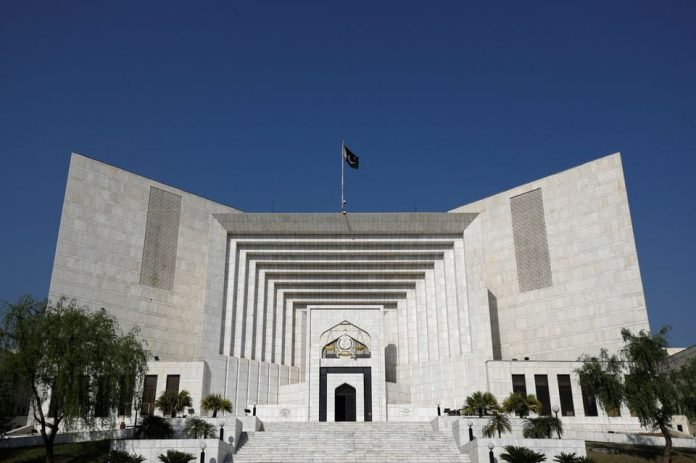The Supreme Court (SC) has ruled in favour of sisters who were deprived of rightful inheritance in their father’s property for over 38 years.
The supreme court decided after hearing a petition that their brother had filed challenging a high court order. Judge Qazi Faez Isa stated in a three-page judgement that it was deplorable that the brother disregarded Islamic law and denied the rightful heirs of their allotted portions.
He said that just two of the six sisters who brought a lawsuit to stop the fraud survived and that it was regrettable that the appellant had been able to deceive and hold onto the property for such a protracted length of time.
In its ruling, a division of the Supreme Court composed of Justices Qazi Faez Isa and Yahya Afridi stated that the court had looked at the mutation even though the appellant’s acceptance of the gift had yet to be acknowledged.
The bench noted that additional evidence showed that the present had been transferred from Ghulam Haider, the siblings’ father, to his son on May 3, 1983, the same day he passed away.
The appellant had the responsibility of proving the gift, which he failed to do, according to the bench, which added that the fact that it was created by his father the day before he passed away renders it highly improbable and unreliable.
Six of the appellant’s sisters brought a lawsuit challenging the gift mutation, which was decided, and the appeal against it was permitted because it was brought too late.
However, in the civil revision case brought by the sisters, the high court judge overturned the well-reasoned decision made by the appellate court judge.
“A Muslim’s legal heirs become the estate’s owners upon his or her death, and ownership of any one of the co-owners is assumed to be the property of all,” the order stated.
However, in the civil revision case brought by the sisters, the high court judge overturned the well-reasoned decision made by the appellate court judge.
“A Muslim’s legal heirs become the estate’s owners upon his or her death, and ownership of any one of the co-owners is assumed to be the property of all,” the order stated.


